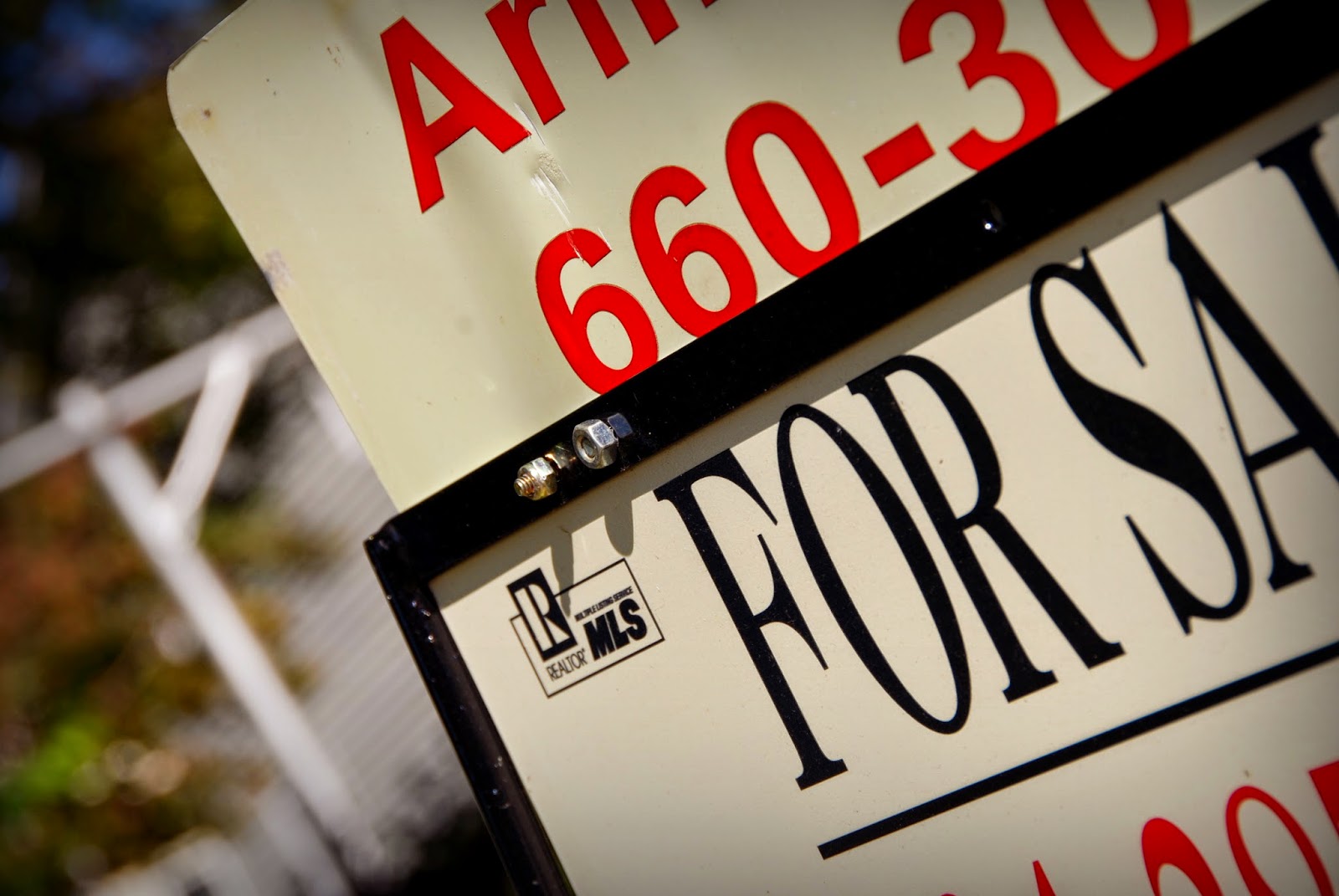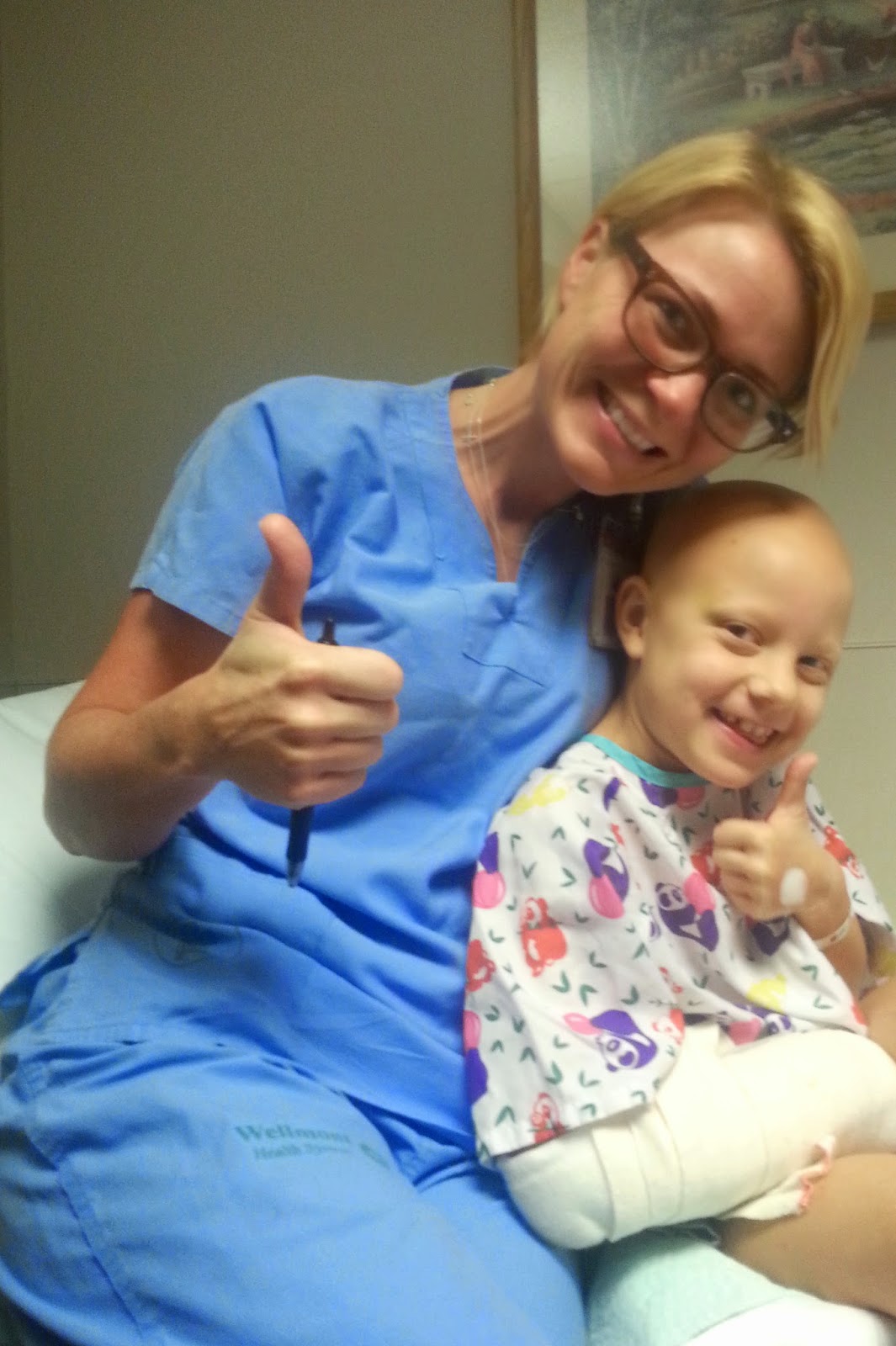I didn't move into my neighborhood (lovingly coined "the 'hood" by locals here...) because I was some kind of awesome, missional Christian.
I wasn't thinking "these poor dears" down here just really needed me and I could move here and "be a light for Jesus."
Sure, I'm all for bringing Christ's kingdom to places where darkness reigns. Shouldn't that be the mission of a Christian no matter what side of town they live?
There's an unspoken assumption that the 'hood needs rescuing. Like, that's where all the bad stuff happens, and nothing good could possibly come from there.
Yes, there are certainly problems in the 'hood. There is no denying that. Drug usage, family members in jail, children who are hungry, abuse of all kinds, and sometimes crime and violence.
But that's not all it is. And I think we're too quick to dismiss the ways God's glory is being displayed in neighborhoods like mine. We're so busy trying to avoid those parts of town. But do we ever stop to consider that the 'hood might actually be more about rescuing US than us rescuing it?
7 Reasons I Need the Hood More than the Hood Needs Me
There is a very real, active, present sense of community in the 'hood. In our comfortable suburban lives, we pull into our remote-controlled garages after a hard day of work and quickly shut the door before anyone might dare to speak to us. Gone are the front-porch days where neighbors were tightly involved in one another's lives. We have retreated into our homes and chosen isolating lifestyles over communal ones. We enjoy the "friendships" of social media, and real relationships are fine, too, just as long as they coincide with our busy schedules, right?
The 'hood is old-school in a great way. The houses are squeezed relatively close to one another and connected with sidewalks. It's designed to put you in close community with one another. ("It's not good for man to be alone." Genesis 2:18)
Everybody knows everybody here. They go way back. Sometimes even generations.
At one house, people are rocking on the front porch and talking to whoever comes by. At another house, 15 people squeeze onto their porch, swapping stories and laughing as they grill out in the front yard on a Sunday afternoon. Another person comes by to pay a visit to the elderly woman next door. The guys play a fun, but heated game of basketball at the park each week. The teens congregate after school at the community center.
They're outside. They're together. They know one another. They're in no hurry.
That's community, and I need some more of that.
In the 'hood, and in black culture, there's an understanding of solidarity and unity that is largely missing in my culture.
I've never experienced it until our family became one of color. But now, when someone speaks about African Americans, they're talking about my family.
Solidarity is this deep sense of looking out for one another, of backing each other up. It's loyalty to the endth degree. You catch each other's eyes in a store or a restaurant and there is connection. Conversation and smiles spring up among strangers. There's an unspoken understanding that though the journey is tough, we're in it together. I'm not out to use you or exploit you for my own gain. I don't have to explain the realities of living with dark skin to you. You already know. You stand with me and I stand with you, no questions asked.
That's solidarity, and it amazes the bajeebers out of me.
3. Generosity.
I've sat across the table from a black friend in the throws of financial poverty, scratching my head as to why he wouldn't begin saving his income in order to climb his way out of his dire situation. It seemed pretty straight-forward to me: cut down your spending, save what you make, then use that money saved to invest in a car, etc, etc.
Well, of course he knew all that, and yet it still didn't seem to matter. Initially that was frustrating. Later it became eye-opening. Because as I listened more and talked less, I came to realize there were two different value systems at play here. My value system, though it was rational and would've potentially led him to financial "success," ultimately valued looking out for yourself above all else. But his highest value was that it was most important to care for others than even yourself.
You see, my friend had been taking the little change that he did have and was using it to buy groceries or gas money for his family and friends. That's partly why he was poor. He wasn't really all that interested in climbing out of poverty himself because "what good would it do if I 'made it' and they're still hurting."
I see this generosity time and time again, to the point that it doesn't even make logical sense to my middle-class mind. In my culture and class, you might give here and there to family or friends, but not certainly to the point that it would send you into financial ruin. Alot of people here would give up anything for those they love. Anything.
That's generosity, and regardless of it verging on irresponsibility, I need to wrestle with valuing people above profit.
When you live in the 'hood, it doesn't take long to see the insurmountable challenges people here face. More than half don't own cars. Add to that, we live in a food desert. The nearest grocery store is over three miles away. In the 'hood, issues like healthcare and criminal justice reform become more than political platforms. They're people.
The Treyvon Martin's and Mike Brown's are walking unarmed down my street. They're suspicious until proven innocent.
And yet, against so many odds and systemic, societal injustices, I see great strength. As a black preacher once said about his congregation, "My people have PhD's in makin' somethin' outta nothin'!" They are resourceful. There is strength and determination. There is restraint. There is a hunger for justice. Though things are hard, there is hope for the future and great joy in the midst of it.
That's strength, and boy, do I need some of that when I think my little problems are so hard.
5. Blessed are the poor.
Jesus had some pretty great things to say about the poor, and actually rather condemning things about the wealthy and the religious. He calls the poor blessed. They're important in His kingdom. They have dignity and worth. He Himself, the Savior of the world, came to the earth poor, without a place to lay his head.
You know, maybe Jesus isn't as much interested in making the poor become more like US, but perhaps He wants us to become more like them. And for us to be more like them, we can start by being around them and learning from them.
"When you come upon those who are economically poor, you cannot say to them, 'Pull yourself up by your bootstraps!' because you certainly did not do that spiritually. Jesus intervened for you. And you cannot say, 'I won't help you because you got yourself into this mess,' since God came to earth, moved into your spiritually poor neighborhood, as it were, and helped you even though your spiritual problems were your own fault...
My experience as a pastor has been that those who are middle-class in spirit tend to be indifferent to the poor, but people who come to grasp the gospel of grace and become spiritually poor find their hearts gravitating toward the materially poor." -Tim Keller

We don't "tolerate" our service to the poor, but we long to be near them because it's through them, we see Jesus more clearly.
6. Diversity
No matter how our churches look on Sunday mornings, God's family is beautifully diverse and transracial. Diversity is His idea, and even more than that, diversity reflects who He is, since we are created corporately in His image. When we're only around people like us, we tend to see the world identical to the culture into which we belong. Without any diverse relationships to challenge our perspective, we can slowly and unknowingly fall into the trap of believing the way we see things and do things is "right." We don't pause to consider another's perspective, especially if we have no other perspective around us to consider.
I can't talk enough about how life-altering and enriching it has been to begin this lifelong journey into another culture-- to study its history, to learn from those in African American culture, and to continually incorporate it into my own family. For us, adopting transracially wasn't the impetus of embracing Jameson's culture. It was the RESULT of it. God was already at work showing us the beauty of diversity before we knew His plans for our own family to be transracial.
A diverse community gives us glimpses into the rich image of God. Diverse relationships give us a bigger, broader perspective than that of our own.
7. Intentionality.
There's alot of opportunity in the evangelical Christian subculture to send money across the world to help serve those in need. Certainly nothing wrong with that.
But I often wonder why Christians seem more eager to throw their money at poor black kids in Africa than to wrap their arms around poor black kids just around the corner. It's sad that it takes a unique family to move into my neighborhood. Houses sit for sale a long, long time. I can't help but think how much people are missing out on all the neighborhood has to offer them. Our neighborhood rocks!
The 'hood provides opportunities to practice faith in the places we might carry fear. We need to trust God. We need to confront our unfounded fears and stereotypes we have blindly believed our entire lives. The 'hood moves us outside of comfort, safety, and ease, and then beautifully shows us areas we've been misguided.
My neighborhood doesn't need white Messiahs to come and rescue it any more than the suburbs need a complete overhaul themselves.
My neighborhood doesn't need to become gentrified in order for it to be really great (or really safe) one day.
It needs more people to come and receive the benefits of what's already here. Believe it or not, it's really great right now.
It needs people who recognize their own impoverishment, whether socially, relationally, spiritually, or financially, etc.
It needs people who love it, people who want to join it. People who see the diamond here and eagerly want to be a part of it. People who want to work to restore and revive without displacing those who have made it what it is.
God's glory is already on full display here.
And the neighborhood doesn't need me half as much as I need it.























































